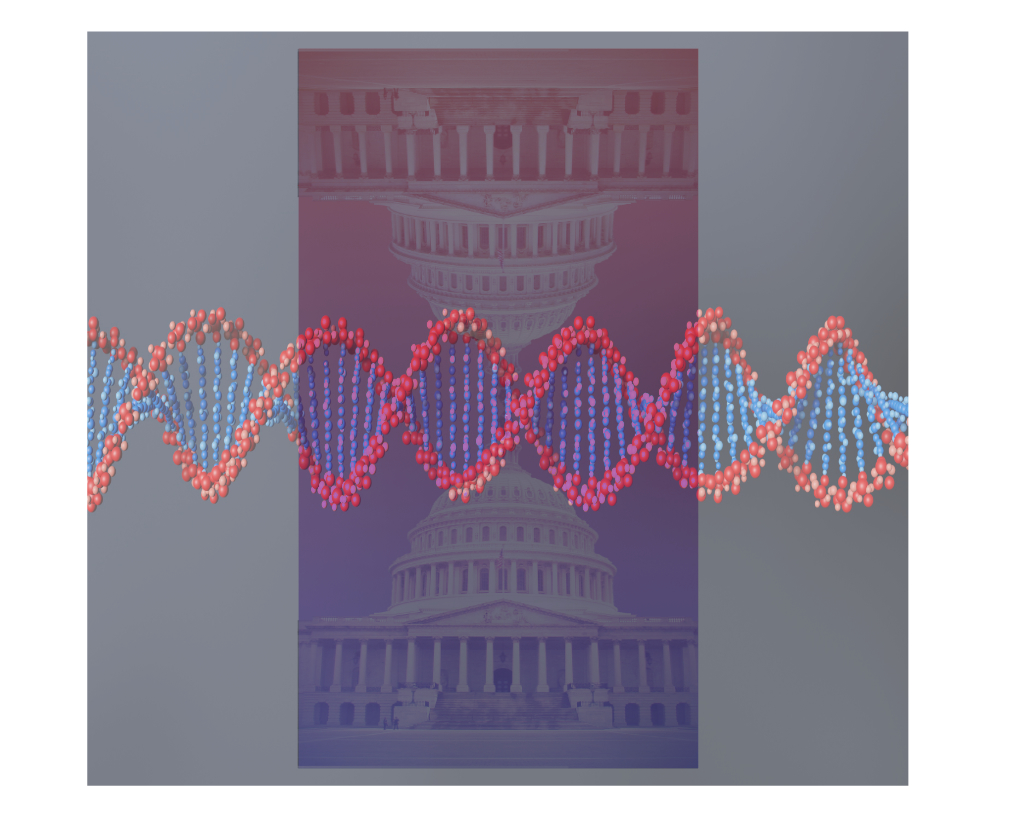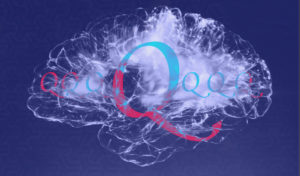 I’m almost always surprised by the spectrum of political responses to events and circumstances around the world. The political animal, it seems, is very different from me. I don’t need a fusillade of analysis to understand a Supreme Court decision, or an indictment, or an economic event. I don’t want to be glad handed an interpretation meant to soothe me or align me with a tribe. I just need facts and am willing to hold labeling and castigation at arms length while looking at the matter in as dispassionate a manner as I can summon. Even when I feel a jolt of irreverence or schadenfreude or disgust, I try to maintain neutrality in my initial analysis. I am boringly optimistic, too, which seems quaintly outdated in an America that keeps getting richer and more powerful but acts like a caged animal in raging from one crackpot stimulus to another.
I’m almost always surprised by the spectrum of political responses to events and circumstances around the world. The political animal, it seems, is very different from me. I don’t need a fusillade of analysis to understand a Supreme Court decision, or an indictment, or an economic event. I don’t want to be glad handed an interpretation meant to soothe me or align me with a tribe. I just need facts and am willing to hold labeling and castigation at arms length while looking at the matter in as dispassionate a manner as I can summon. Even when I feel a jolt of irreverence or schadenfreude or disgust, I try to maintain neutrality in my initial analysis. I am boringly optimistic, too, which seems quaintly outdated in an America that keeps getting richer and more powerful but acts like a caged animal in raging from one crackpot stimulus to another.
But why are so many of our fellow citizens like that? It is easy to be dismissive—those freakin’ idiots!—but there may be something deeper at play. For example, in many human predispositions and even illnesses we have recent studies that show that insofar as there is a clear genetic channel, the range of genes involved is so enormous that we can’t really nail down any single or distinctive causal factor. The terms for this are polygeny and pleiotropy and they simply mean that many alleles are involved, interact with one another, and likely interact with the environment during development. Most mental illness (and here) as well as gayness are current examples of this. Our understanding may change, of course, but for now we have the unsurprising realization that we are very complex animals.… Read the rest








